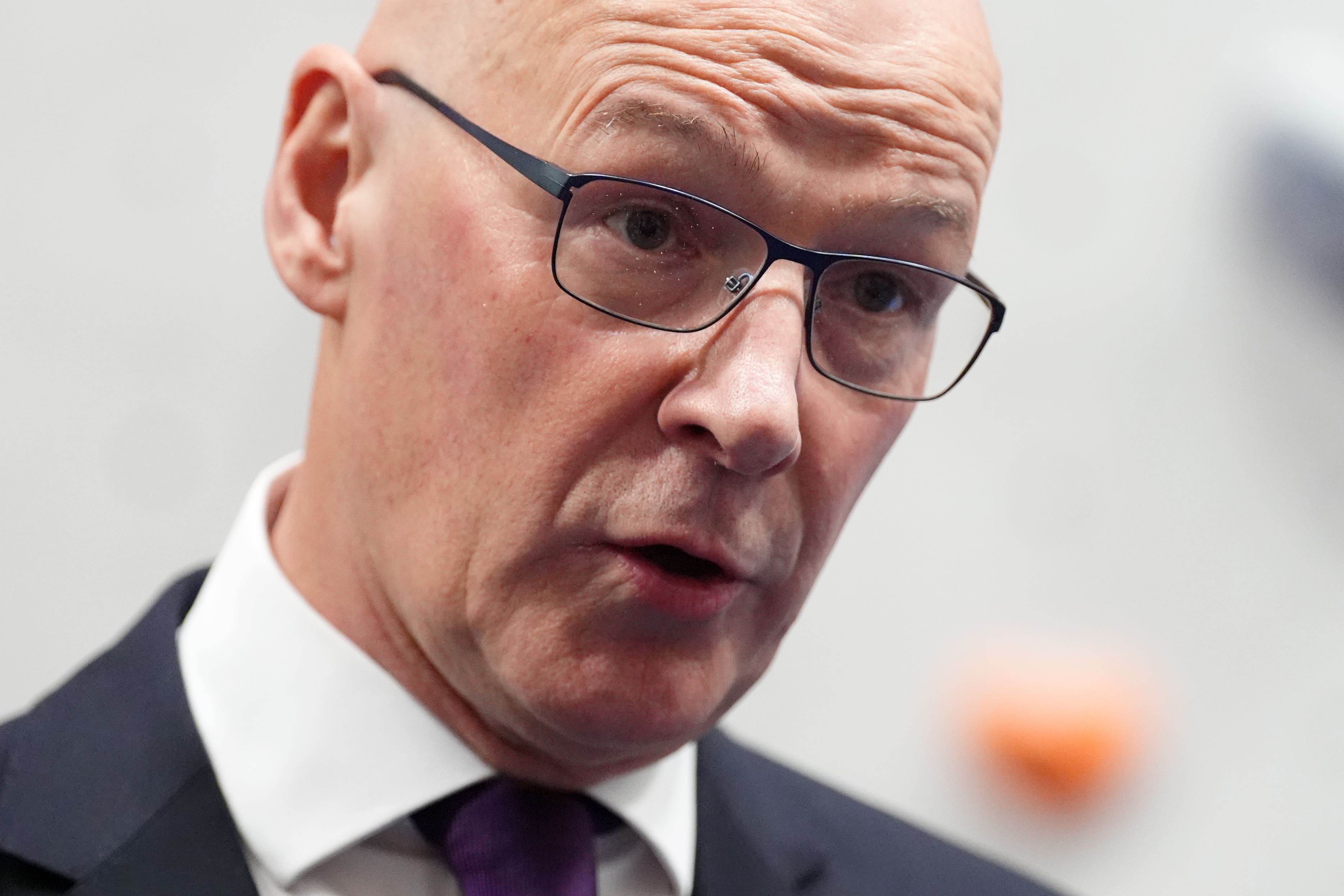Change rules to allow public sector investment borrowing, Swinney to tell Reeves
The UK Budget is due to be laid out on October 30.

Your support helps us to tell the story
From reproductive rights to climate change to Big Tech, The Independent is on the ground when the story is developing. Whether it's investigating the financials of Elon Musk's pro-Trump PAC or producing our latest documentary, 'The A Word', which shines a light on the American women fighting for reproductive rights, we know how important it is to parse out the facts from the messaging.
At such a critical moment in US history, we need reporters on the ground. Your donation allows us to keep sending journalists to speak to both sides of the story.
The Independent is trusted by Americans across the entire political spectrum. And unlike many other quality news outlets, we choose not to lock Americans out of our reporting and analysis with paywalls. We believe quality journalism should be available to everyone, paid for by those who can afford it.
Your support makes all the difference.The UK Government should change the fiscal rules to allow borrowing for public sector investment, Scotland’s First Minister is expected to say in a speech on Monday.
Speaking ahead of the Budget on October 30, John Swinney will address an audience of academics, think tanks and representatives of the public, private and third sector in Edinburgh.
He is expected to rail against expected cuts by Chancellor Rachel Reeves in the Budget, instead urging her to boost public investment.
One of the changes, the First Minister is expected to say, should be movement on fiscal rules which would allow investment in public infrastructure.
The current rules place a cap on public sector borrowing of 3%.
“In the advanced economies of the OECD, the average amount of public sector investment is nearly 4% of GDP a year,” the First Minister is expected to say.
“These economies are spending nearly 50% more than the UK government spends on investment.
“And the consequences are very real for our economy, for our public services, and for UK citizens.
“Labour productivity grew by just 0.4% a year in the UK in the 12 years following the financial crisis, half the rate of the 25 richest OECD countries.
“And it means – as the Resolution Foundation have found – almost a decade and a half of lost earnings. It was only in 2023 that real wages were back to where they were before the financial crisis. 15 years of lost wage growth has cost the average worker £10,700 a year.
“We know what the solutions are. More houses, green jobs, targeted public investment in knowledge, infrastructure and nature.
“I want to see the UK Budget change the fiscal rules around borrowing to allow for greater investment in public infrastructure. But changing the rules is only the first step.”
The First Minister will also urge the Government to seek to increase public sector investment to at least 3% of GDP, eventually rising to the OECD average of 3.7%.
“It would mean that governments in all four nations could plan on the basis of stable, predictable, funding arrangements to build the infrastructure we all need and which I want to deliver for Scotland,” he will say.
The First Minister is also expected to push Ms Reeves to increase public spending in the October 30 Budget, describing the past seven years as a “long, dark economic winter”.
“One thing is clear, we have reached a turning point, a pivotal moment for UK decision-making in a world of sustained turmoil,” he will say.
“That is why I believe the United Kingdom faces a make or break moment in this next Budget. It must be seized.”
A Treasury spokesperson said: “The Chancellor has vowed to lead the most pro-growth Treasury in history and has been clear that it is important that we count the benefits of public investment and not just the cost of it.
“We have already taken action to deliver more investment in the UK economy by fixing the broken planning system and setting up a new National Wealth Fund, and the International Investment Summit secured a record-breaking £63 billion in investment commitments.”